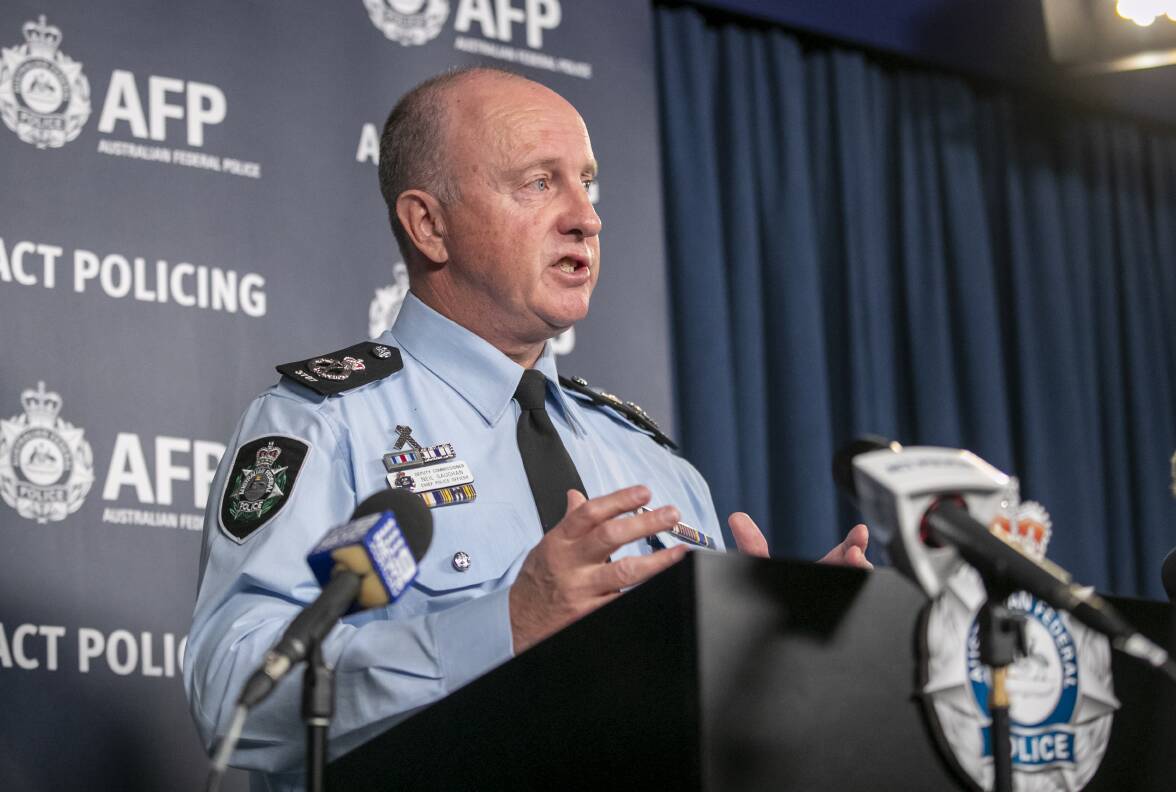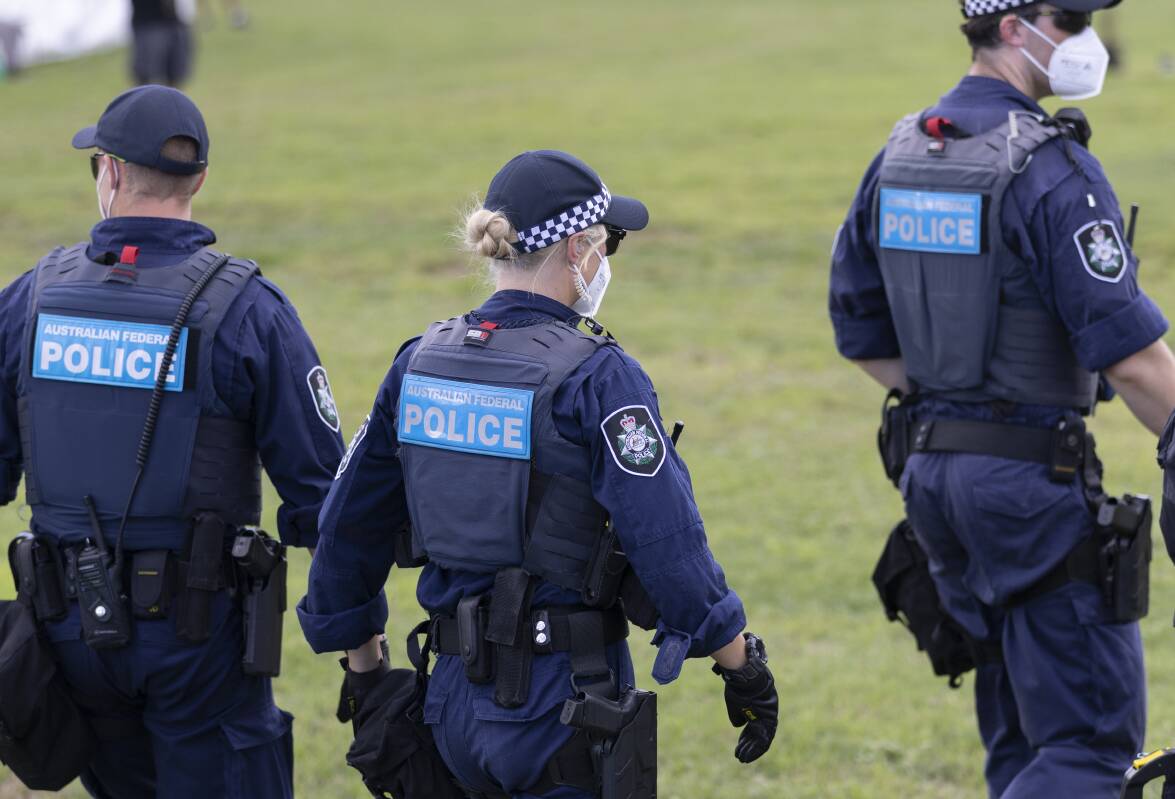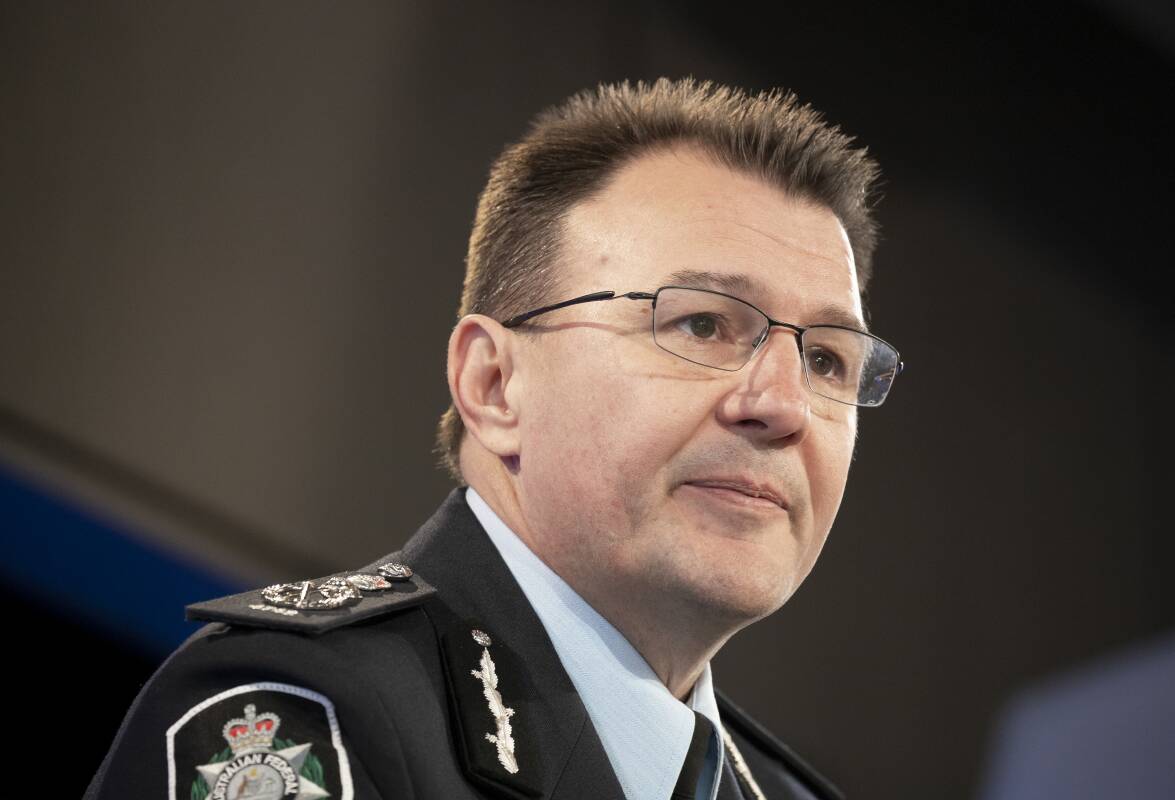
Demand for police services has exceeded supply in the ACT, spurring the territory's Chief Police Officer to go public on the dire need for more officers as rising family violence and mental health-related cases put the squeeze on available resources.
Chief Police Officer Neil Gaughan will lead the charge backed by independent modelling, which will call for boosted staffing numbers to match the rapid growth in the territory's population.
"It's a demand and supply issue. At the moment, demand [for police services] is exceeding supply and we need to balance that up," Deputy Commissioner Gaughan said.
"My key focus in the first three to four months of 2023 will be resources.
"It's become clear to me that the number of police we have currently needs to be increased to meet current and future demand."
However, Deputy Commissioner Gaughan would not be drawn on the specifics of how many extra police he would be seeking, and what added funding would be needed to support that request.
"That's a conversation I'll be having with government," he said.

One of the huge, hidden demands on police service - and often unreported because of the sensitivities and complexity - is that of family violence matters. In the past 12 months, 3858 family violence matters have been reported to police, with 3083 offences recorded.
"If we get a family violence offender in custody, that's a full shift [for the investigating officers]," he said.
The report detailing the demand on ACT police services was commissioned by Australian Federal Police Commissioner Reece Kershaw, and produced by former NSW police commissioner Mick Fuller, now a Sydney-based partner in the consulting firm Price Waterhouse Coopers.
The PwC work is also supported by separate modelling from Nous Consulting.
Police numbers in the ACT have been an ongoing issue for years, with the Australian Federal Police Association, which represents the rank and file, strongly critical of how undermanned the territory is by comparison with all other jurisdictions.
"The thing that is critical is that, as we continue to grow so quickly, is that we look at a model going forward where we police numbers are linked to population increases," Deputy Commissioner Gaughan said.
"I just don't see how we could do it any other way.
"And it's not lost on me that the ambos and firies have that [staffing model] already and a lot of other jurisdictions have similar [funding] models in place."

The January 2022 Report on Government Services (RoGS) revealed the ACT has a lower operational police-to-population ratio than anywhere else in the country, with 219 police per 100,000 people, compared with the national average of 284.
The RoGs report also showed public satisfaction with police services in the ACT over the previous 12-month reporting period was the lowest across the entire country.
In the latest ACT Planning strategy, Canberra was shown to have "strong and sustained" population growth over the past decade, with 30,000 more people moving to the territory. The same strategy predicted the population of the ACT would hit 589,000 by 2041.
Added to these numbers are the tens of thousands who have chosen to live just across the border, but commute into Canberra.
ACT Policing is the only contracted community police service in Australia, its cohort drawn from the ranks of the much larger Australian Federal Police.
A newly inked four-year purchase agreement pays the AFP $201 million for policing services in the current financial year, rising incrementally to $203.8 million by 2025-26.
However, additional funding is also provided for programs such as the $444,000 expansion of the Police, Ambulance and Clinician Early Response (PACER) mental health program, the joint organised crime task force ($460,000) and the Sexual Assault and Child Abuse Team ($580,000).
Association president Alex Caruana welcomed any increase in police numbers.
"In recent years, the territory's population and geographic nature have increased and expanded, yet the number of police officers hasn't," he said.
"This has meant more 'calls to service', which has put pressure on all ACT Policing members and portfolios within the organisation.
"The lack of police officers on the ground in the ACT is also a welfare issue.
"ACT Policing does a great job fighting crime [yet] ... police officers are sometimes too loyal to their colleagues, the organisation and the community.
"Instead of having some downtime away from the pressures of being a police officer, they accept overtime or extra shifts because they don't want to let others down."







